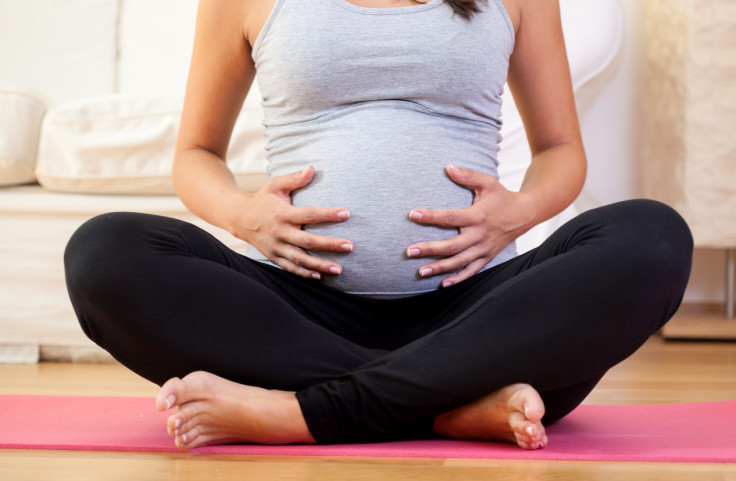What is Natural Cycles? Contraceptive app used by over 500,000 women blamed for 37 unwanted pregnancies
The app was officially certified for birth control in Europe last year and is only intended for fertility monitoring in the US.

A popular contraceptive app used by more than 500,000 women across over 100 countries and touted to be 99% effective has come under fire after allegedly causing 37 unwanted pregnancies. According to a study by Södersjukhuset hospital in Stockholm, 37 of 668 women who sought abortions at the hospital from September 2017 until the end of the year were using the app.
The hospital has reported the Swedish birth control app to the Swedish Medical Products Agency, the government body that regulates medical devices, news outlet SVT reported.
Currently certified in Europe, Natural Cycles uses a unique algorithm to analyse fluctuations in a woman's daily body temperature to identify ovulation, predict fertile days and notify women when it is safe to have unprotected sex.
Days marked as green on the app's calendar are deemed okay to have unprotected sex while days marked red means one must use extra protection.
"It's a new method and we see a number of unwanted pregnancies, so we are reporting this to the Medical Products Agency," midwife Carina Montin told the Siren news agency. It is not immediately clear why the women who used the app became pregnant.
The app costs $79.99 (about £40) for a yearly subscription and was officially certified for birth control in Europe last year and is only intended for fertility monitoring in the US. Deemed to be more effective than birth control pills, Natural Cycles' popularity shot up with the number of UK users spiking from 5,000 to 125,000 in 2017.
Founded by husband and wife duo Dr Raoul Scherwitzl and Dr. Elina Berglund, the company recently received $30m in funding to expand its foothold in North America and gain FDA approval.
According to Natural Cycles' website, it has a Pearl Index of 7 and has "shown to be 99% effective in perfect use and 93% effective in typical use," according to its clinical research. However, the company notes that the birth control app is not suitable for users under 18 and says most of its users are in their thirties.
"(The app) works by saying 'You can't have sex now', but young people don't function like that,"gynaecologist Lena Marions told the TT news agency, The Local reports. "They don't abstain from having sex just because there's a red light."
In a statement to the Evening Standard, a company spokesman said "no contraception is 100%," noting that unplanned pregnancy is an unfortunate risk with any form of birth control. It also said that the 37 unwanted pregnancies out of the 668 mentioned in the study mean 5.5% of women who said they use the app had an unplanned pregnancy.
"This is in line with what we communicate as the risk of unwanted pregnancy with typical use, and which is comparable to other types of contraception," the spokesman said. "If you have a popular form of contraception such as Natural Cycles, then you also have to expect a certain amount of unwanted pregnancies from users using this method. Our studies have repeatedly shown that our app provides a high level of effectiveness similar to methods that require a daily routine."
He added that Natural Cycles was not involved in the study by the Södersjukhuset hospital and therefore "cannot comment on the specifics."
"However, we understand that it sounds alarming, but when Natural Cycles' user base increases, naturally so will the number of unwanted pregnancies coming from users using us, just as it would do with any kind of new contraception," he continued. "We agree with what midwife Carina Montin says, 'perhaps young people should use another form of contraception'."
"There is a big trend that women move away from hormonal contraception, and Natural Cycles can provide a helpful option for these women," he said, noting that it will help "decrease the unwanted pregnancy rates" overall by offering women more contraceptive options.
"We don't think it's helpful to fuel the fear of contraception by scaring the public with abortion news," he noted. "There is already a fear of hormones and if doctors or the general media add a fear of new types of certified contraception, which are clinically proven to be effective, there is really not much left to choose from.
"Our goal is to increase contraceptive choice so that all women find a suitable method of contraception."
IBTimes UK has reached out to the company for further comment.





















